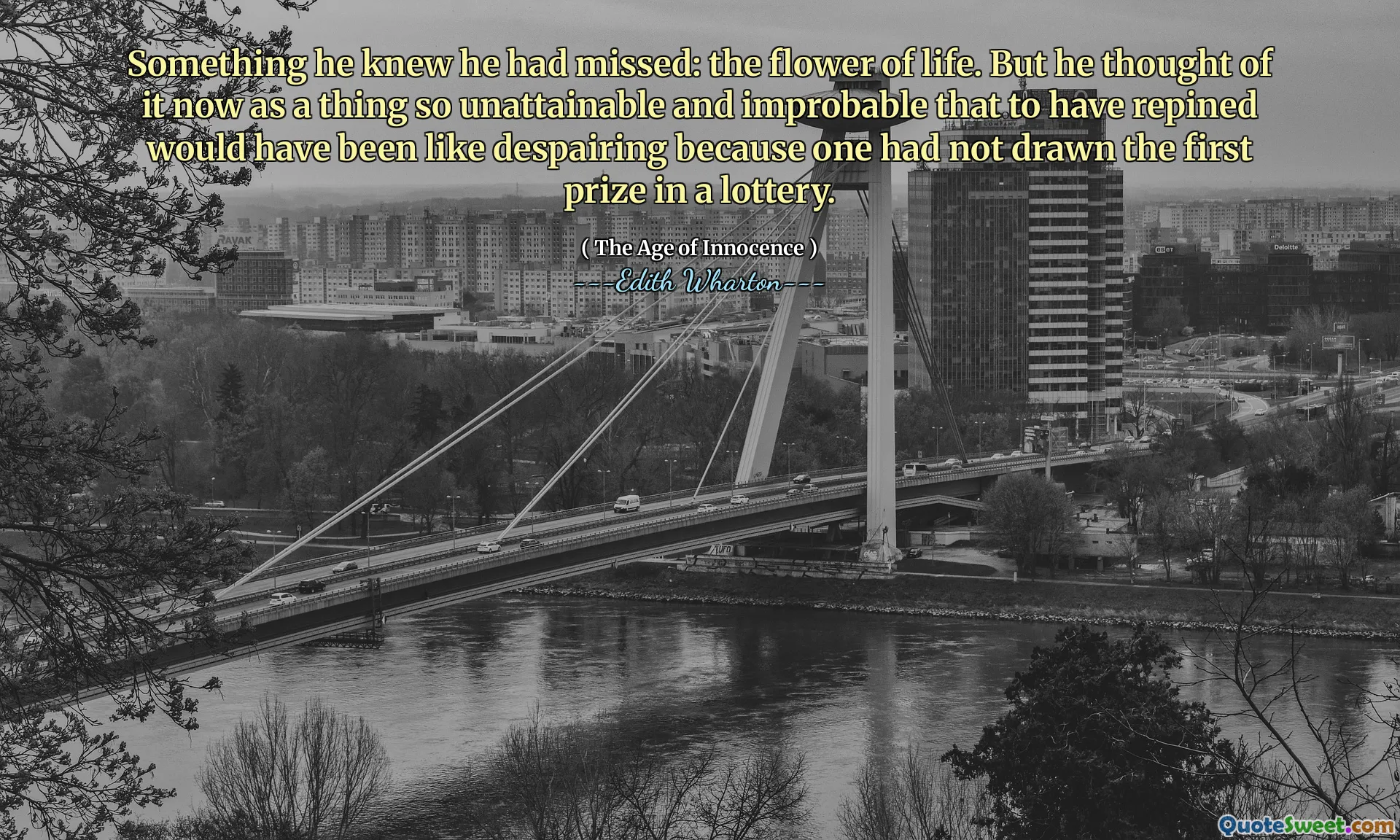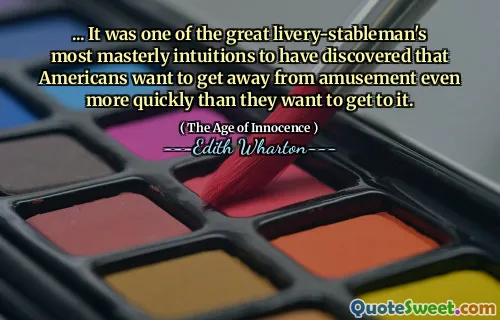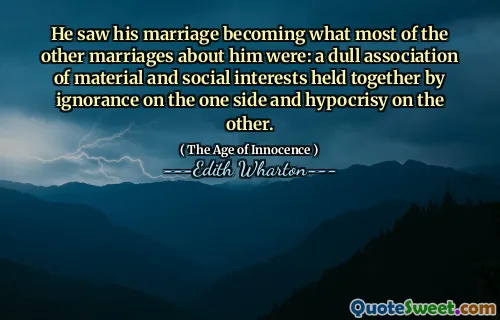
Something he knew he had missed: the flower of life. But he thought of it now as a thing so unattainable and improbable that to have repined would have been like despairing because one had not drawn the first prize in a lottery.
This quote encapsulates a profound acceptance of missed opportunities and unattainable dreams, portraying them as elements of life that, while deeply desired, are often out of reach. The phrase "the flower of life" metaphorically symbolizes the ultimate essence or peak experience of living—those rare and perfect moments or achievements that stand apart from the ordinary. The character's reflection acknowledges a resigned understanding that yearning for what cannot be had is as futile as lamenting over not winning a lottery's grand prize. This comparison highlights not only the improbability of such dreams coming true but also invites a stoic perspective on disappointment. It speaks to the human condition—our tendency to desire what is elusive and the inevitable pain that accompanies such desires. Yet, there's a subtle strength in the acceptance expressed here; a relinquishing of bitterness in favor of peace. Edith Wharton, through this poignant observation, explores themes of longing, fate, and emotional resilience. The quote invites readers to contemplate the value of recognizing one’s limits and the liberation found in reconciling with what life has and hasn't delivered. In essence, it's a meditation on how we cope with the ephemeral nature of our greatest hopes and the graceful maturity in choosing not to despair over the improbable.









